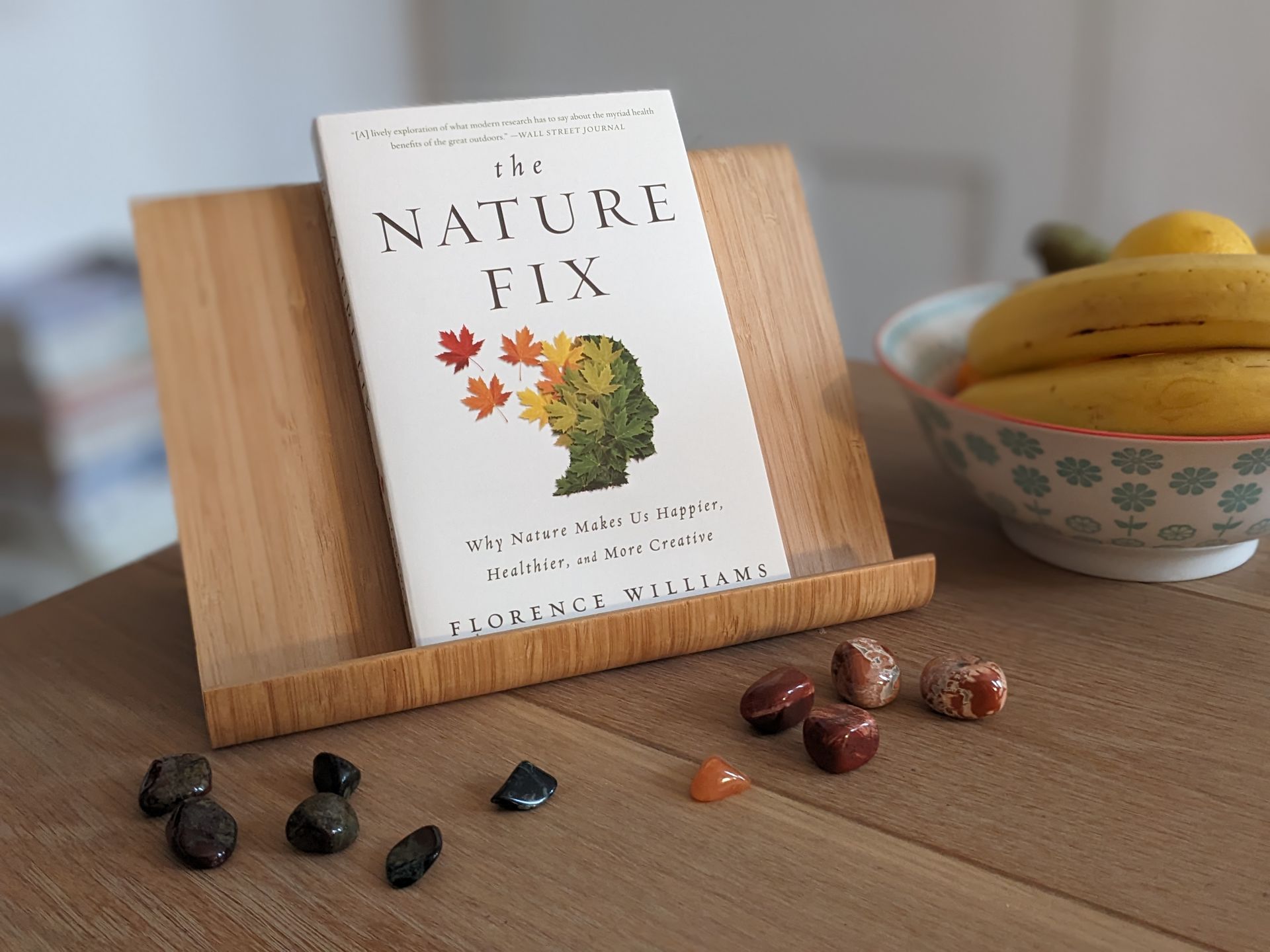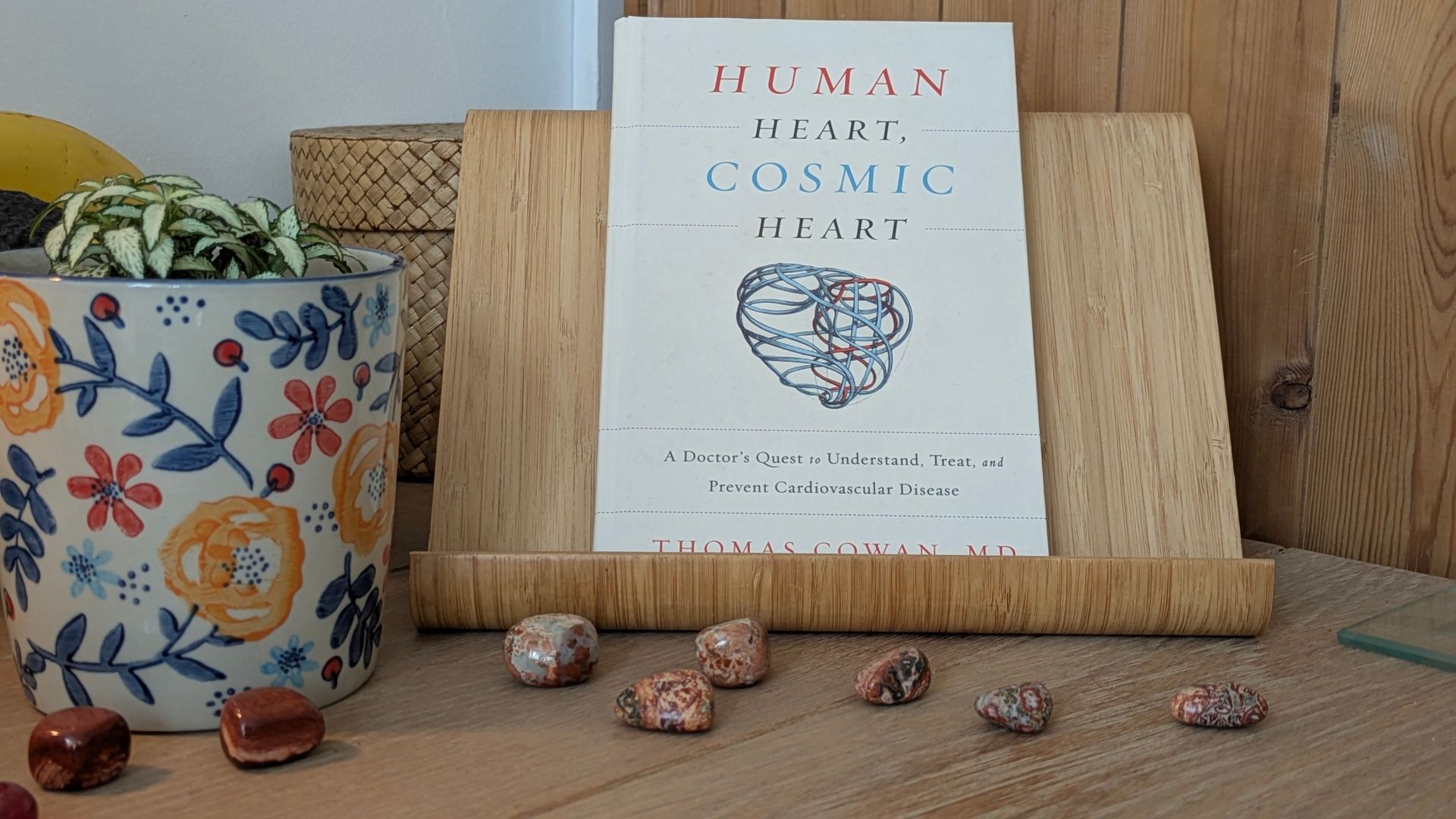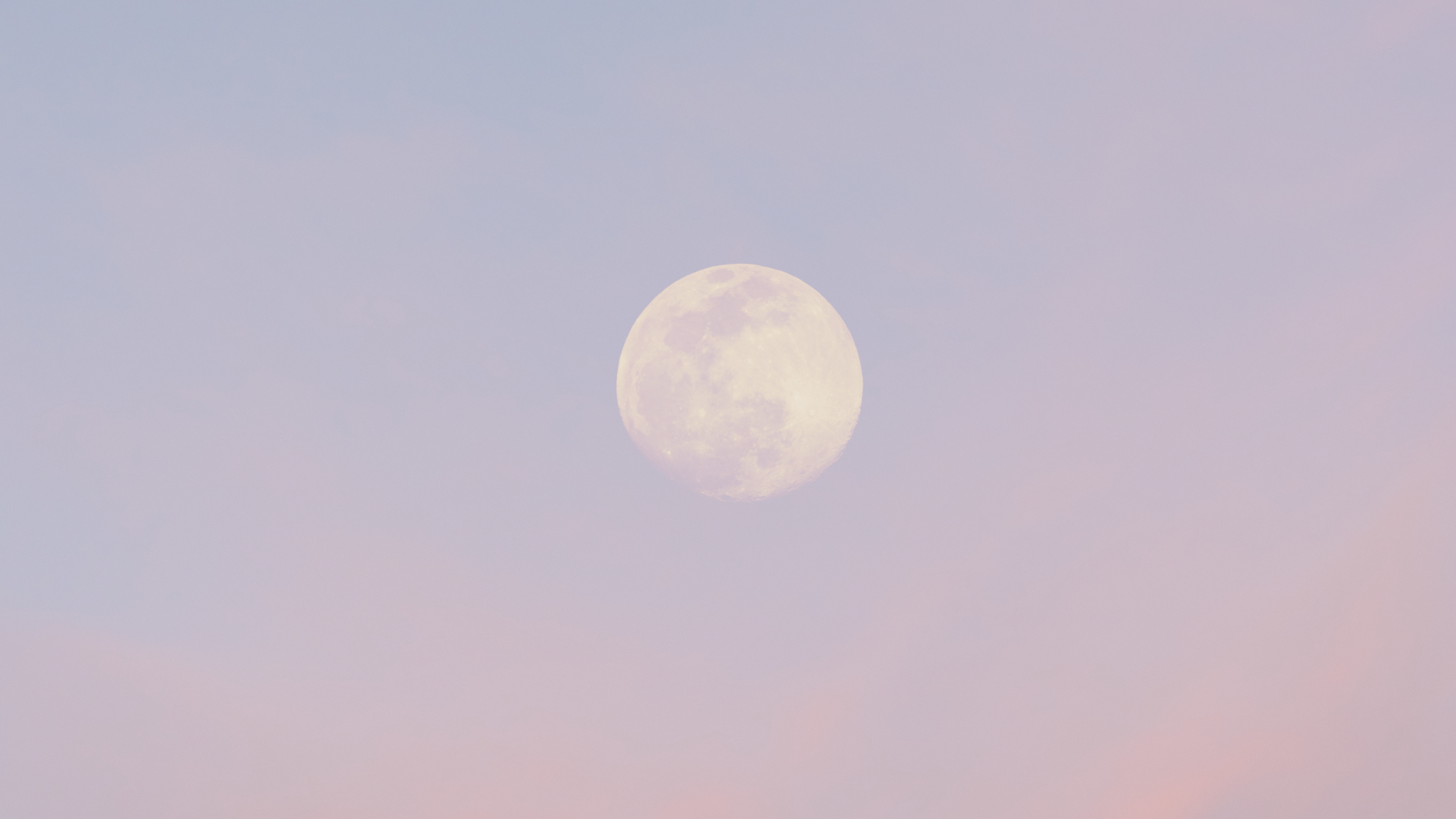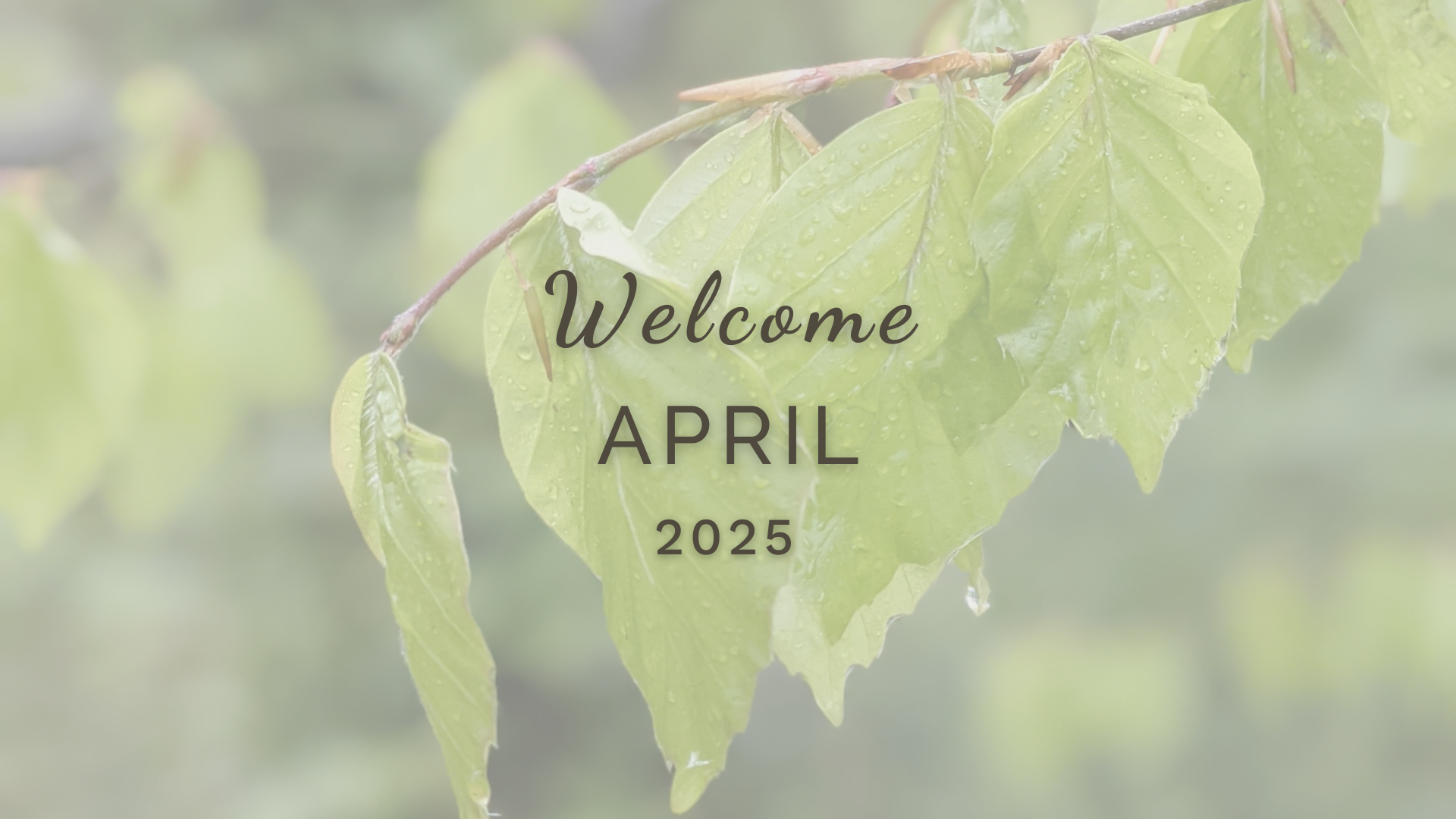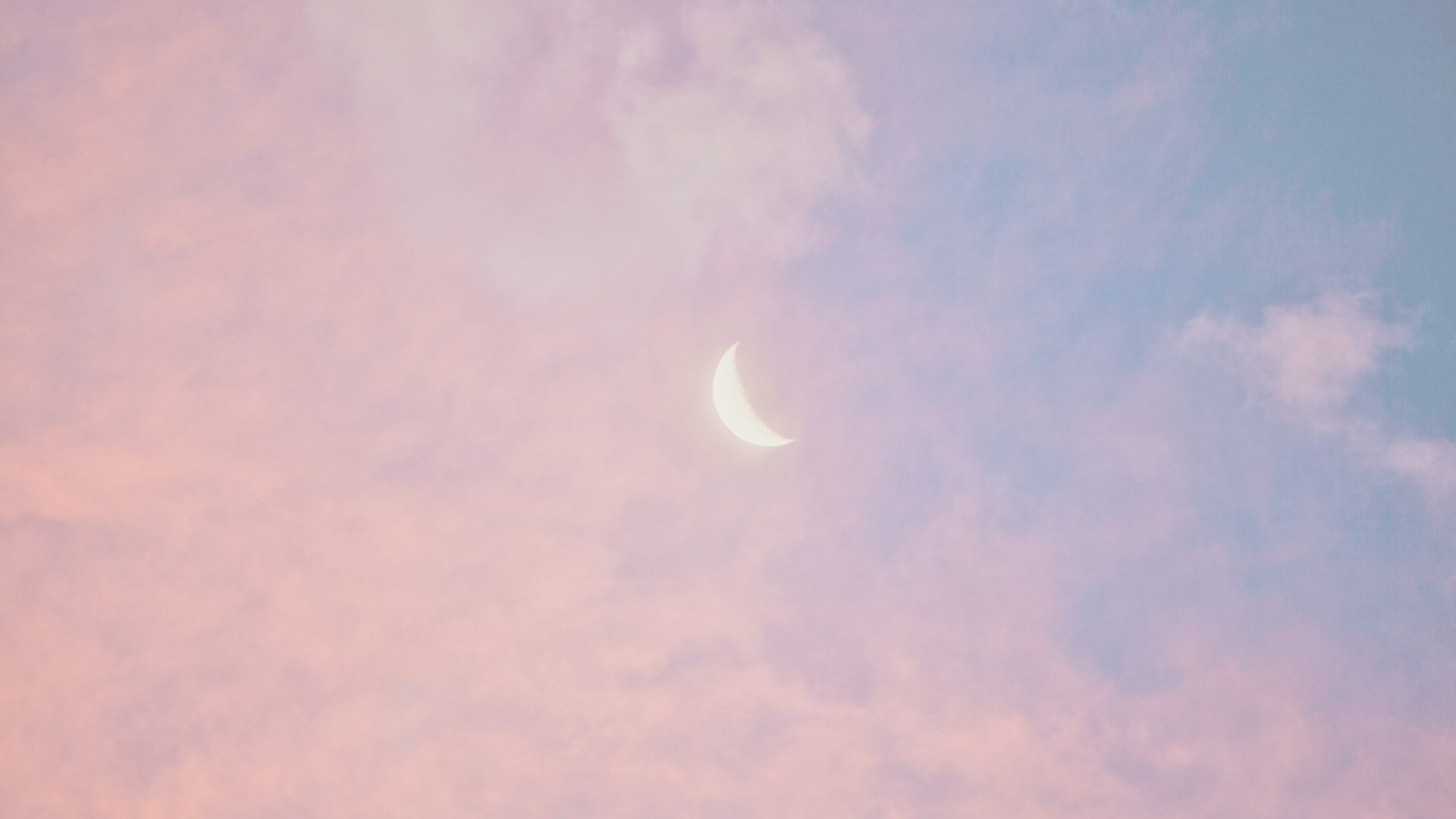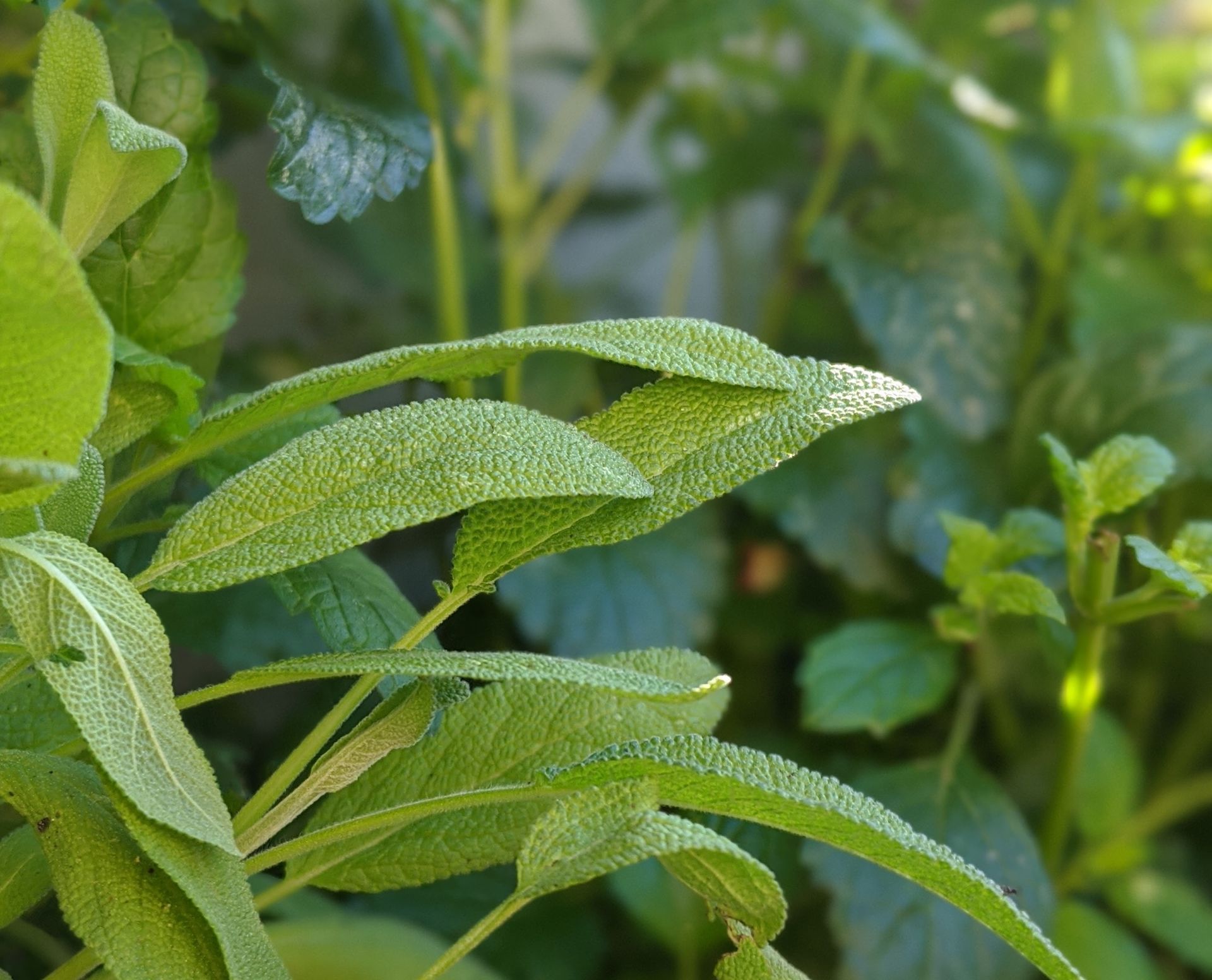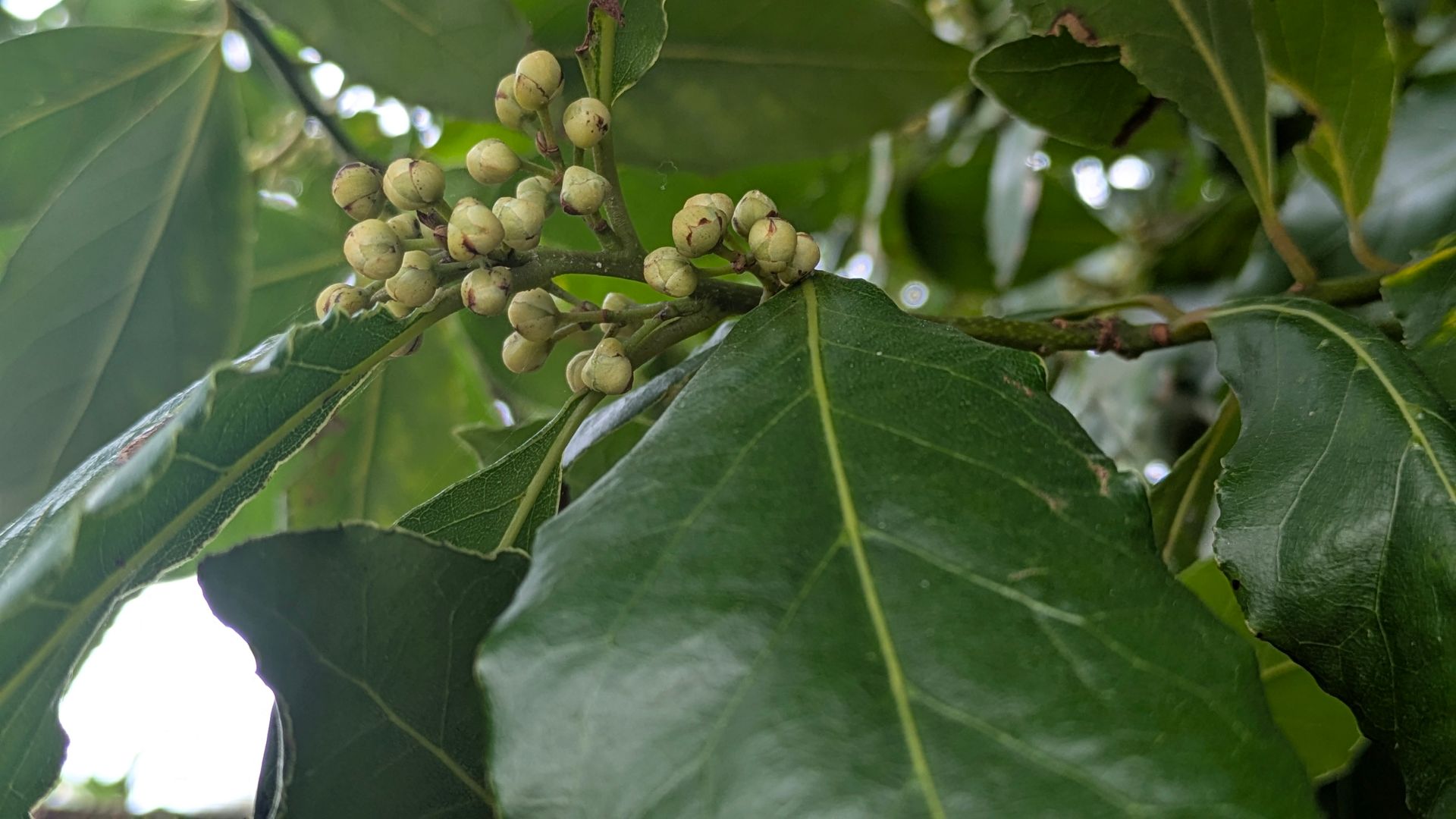The Nature Fix by Florence Williams
A treasure trove of research on the benefits of connecting with Nature
The Nature Fix is a fascinating book that brings together many research studies to confirm the fact that spending time outside engaged in Nature is highly beneficial to our health, happiness and wellbeing.
Journalist and author, Florence Williams, delves into the latest research to uncover the powers of the natural world to improve our health, promote reflection and innovation, and strengthen our relationships. By taking part in some of the sceientific studies herself, Florence goes into the detail of such studies and brings the evidence of the findings to life.
Broadly speaking, there are several key things that have a positive impact on us when we spend quality time in Nature including:
Place - people are happiest when they are enmeshed in their community and are able to build friendships in their local natural environment.
Weather - moods are often affected by the elements and experiencing various weather conditions brings different rewards and benefits.
Habitat - people are significantly happier, more relaxed and focused when they spend time outside in any green and natural environment.
Open Air - gently walking in Nature helps to clarify the mind, and makes us feel healthier, more creative and more empathetic.
Daylight - natural sunlight primes the retina's dopamine receiptors that control the shape of the development of the eye, and provides a rich source of Vitamin D at any time of the year.
Trees - spending time in ancient woodlands and forests helps us to cultivate and refine our senses and sensory perception (known as Forest Bathing).
The term
Forest Bathing or
Shinrin Yoku
was coined by the Japanese Government in 1982 as a standard preventative medicine.
'It involves opening your senses to open them to the woods. It's not about wilderness; it's about the Nature/civilization hybrid that the Japanese have cultivated for thousands of years.'
Japanese people from the city literally 'shower in the greenery'
while providing data for
wellness science
to understand how best to combat the stress of working long hours, commuting, working in a competitive environment and being deprived of any natural environment in towns and cities.
Entomologist, E O Wilson, identified 'the innate emotional affiliation of human beings to other living organisms as an evolutionary adaptation aiding not only survival but broader human fulfilment.' This is sometimes known as Stress-Reduction Theory, Psycho-Evolutionary Restoration Theory, or the
Biophilia Hypothesis originated by Erich Fromm.
The passionate love of life and all that is alive; it is the wish for further growth, whether in a person, a plant, an idea or a social group.
Erich Fromm
The Biophilia Hypothesis posits that 'the peaceful or nurturing elements of Nature helped us regain equanimity, cognitive clarity, empathy and hope. When love, laughter and music weren't around, there was always a sunset. The humans who were most attuned to the cues of Nature were the ones who survived to pass on those traits.'
As Physical Anthropologist, Yoshifumi Miyazaki, explains: 'throughout our evolution, we spent 99.9 per cent of our time in Nature. Our physiology is still adapted to it. During every day life, a feeling of comfort can be achieved if our rhythms are synchronised with those of the environment.'
Yoshifumi points out that
'naturalistic outdoor environments in general remain some of the only places where we engage all [seven] of our senses, and thus, by definition, are fully, physically alive.'
In our culture, Nature is part of our minds and bodies and philosophy. In our tradition, all things are relative to something else. In Western thought, all things are absolute.
Yoshifumi Miyazaki
This is just a small selection of examples and research included in The Nature Fix. You will also learn how evergreen scents can make us live longer; how a few days in Nature can improve creativity by as much as 50 per cent; how walking in Nature helps new brain cells grow; how our brains especially love and relax to the sound of water; how simply viewing Nature employs the mind without causing fatigue while at the same time exercising, calming and enlivening mental activity, and much more.
The key message is that we profoundly underestimate and undervalue our need for Nature. It is no longer enough to save wild places 'from' people - we urgently need to save them 'for' people.
As Yoshifumi says, 'engaging all our senses at the same time makes us feel most alive'.
So, find your own precious place in the wild, immerse yourself into it, spend time there and go there often.
Sue Cartwright
Spiral Leaf
Buy the book!
Purchase a copy of this insightful book by clicking through to the Spiral Leaf affiliate bookshop below.
The Nature Fix Why Nature Makes Us Happier, Healthier and More Creative by Florence Williams
Thank you for sharing!
for you, for me and for Mother Nature
Latest Posts
All Posts

